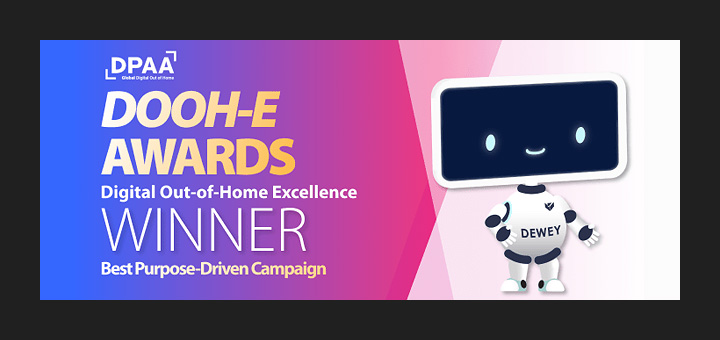Reviewing the agency review process: There’s a better way
Images: Adobe Stock / Marharyta Hanhalo
Friendly advice for marketers to run a more effective pitch process.
We’ve been fortunate to win several key pitches, but no one bats 1,000. Win or not, it can be painful if the process is unnecessarily cumbersome for the agency and prospective client.
In 2021, an average agency pitched for new business 11 times, spending nearly 2,000 hours of work on pitches, according to TrinityP3.
A review costs both clients and agencies significantly, reaching an average total of $1.2 million for both agencies and clients, according to a recent joint ANA – AAAA report.
While acknowledging agency reviews are the process that makes the advertising world go round, how can it generate better returns and be fairer for everyone? Here’s some friendly advice for marketers to run a more effective pitch process.
1. MAKE TIME OF THE ESSENCE
To address this, select the right number of agencies to pitch. Steve Boehler of the Mercer Island Group says that companies should RFI no more than 10 agencies with four or fewer finalists.
2. ATTENTION IS THE GREATEST GIFT
Thankfully, in-person pitches are returning with speed so, hopefully, Zoom pitches will become an exception instead of the rule. But if you are conducting pitches virtually, please keep cameras and microphones on.
Recently, I was comparing notes with a competitor who’d been ghosted many times in recent months. As in, the clients literally stopped returning calls and emails without notifying the agency they’d lost. The humans spending countless hours crafting the perfect pitch for you deserve to know they haven’t gotten the assignment. While it stings, they get over it. But it’s not fair to leave them guessing.
4. GIVE TO GET
Be transparent with the agencies pitching for your business; We’ll all sign NDAs to protect that information. Trust us: The presentations and work from all agencies in the pitch are measurably better if we understand as many of your challenges as possible.
5. CUT TO THE CHASE
Wouldn’t you rather someone you’re dating tell you right away they found someone else than find out months later? The same holds true for agency reviews. Tell it to us straight: Do we have a chance? Clients sometimes keep agencies on a string purely as a “comparison” point, or “safety backup” when they have no real intention of selecting them. This has the unintended consequence of both wasting the agency’s time and deteriorating the marketer’s reputation in the market.
6. GIVE BRUTALLY HONEST FEEDBACK
Look, no one likes losing a pitch. But if an agency does come up short, a fabulous consolation prize is knowledge and growth—understanding why, in order to become better. Whether you filter this information through the pitch consultant or provide it directly to agencies, it’s incredibly valuable information that can help them craft better pitches in the future. It also allows you to verbalize what you value most in agencies, strengthening your relationship with the agency you select.
Rob Davis, President & Chief Marketing Officer at NOVUS.





